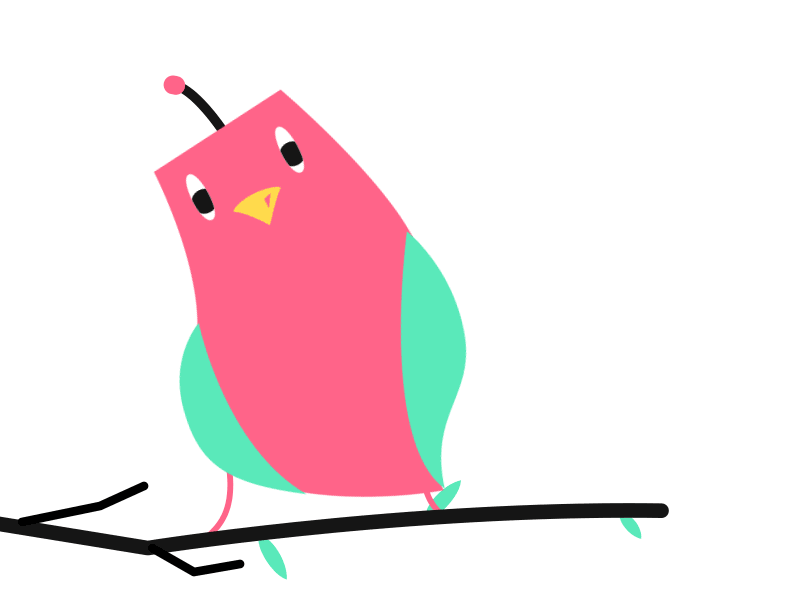Age Group : 4 to 5 years
Timings : 9:30 am – 1:00 pm (3.5 hrs per day)
Monday – Friday
Coming to PP1, our children expand their knowledge from the realms of school to the neighbourhood and beyond. They are inquisitive, seeking answers, interacting with other children and also adults. They are learning to read, write and converse in English, move beyond the mundane shapes and colours, are agile and sporty. They are creative in thinking, speaking and can make up stories in a jiffy. The age appropriate, progressive learning activities appeal to the children and parents alike. And the transition from a preschooler to a kindergartner is complete!!
Highlights of PP1 Curriculum..
- Language – Writing of the alphabet, Introduction to grammar, story telling
- Math / Cognitive – Number concepts, Estimation, differentiation and classification of objects
- Fine motor / art – Good pincer grip, write independently, free hand drawing
- Social skills : learning socially acceptable behaviour
- Life skills : Understanding transitions and routines
- Music : Creating awareness of music as a part of daily life
Activities galore:
- Story time
- Role plays
- RActivity time (on concepts and themes)
- Splash pool
- Sandpit play
- Rhyme time
- Art and craft
- Audio Visual learning
- Audio Visual learning
- Special days (concept and theme related)
- Festival celebrations
- Field trips





